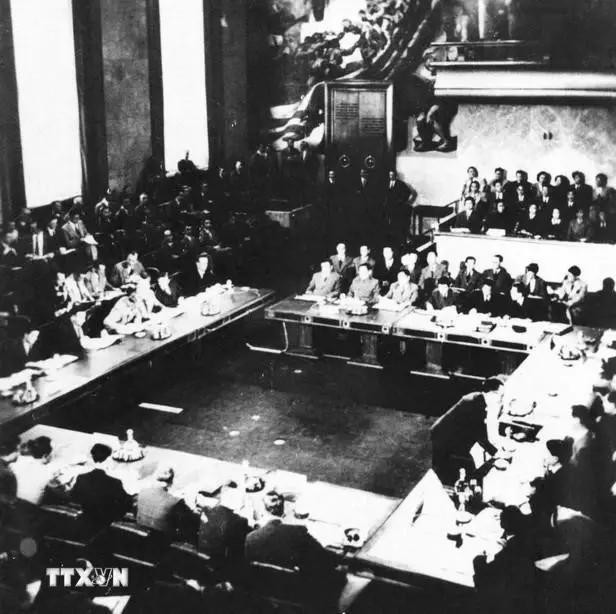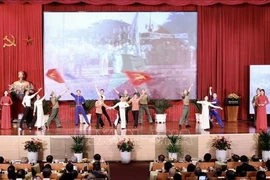Buenos Aires (VNA) – Together with the Dien Bien Phu Victory on May 7, 1954, the Geneva Agreement on the Cessation of Hostilities in Vietnam the same year served as a great source of encouragement for the liberation movements of other oppressed nations, marking the start of the collapse of colonialism worldwide, said Carlos Aznarez, Editor-in-Chief of Argentina's Resumen Latinoamericano Newspaper.
In an interview granted to the Vietnam News Agency (VNA)'s resident correspondent in Buenos Aires, the journalist called the agreement, signed on July 21, 1954, a milestone of the Vietnamese people as it opened up a new chapter towards national independence, sovereignty and territorial integrity.
This was an extremely important international legal document, he said, explaining that for the first time, Vietnam's basic national rights were recognised by world powers at a multilateral conference.

The agreement also held significance for the era as it was seen as the common victory of the three Indochinese countries of Vietnam, Laos and Cambodia, as well as peace lovers worldwide.
Aznarez praised the crucial role of the Communist Party of Vietnam (CPV), headed by President Ho Chi Minh, and General Vo Nguyen Giap and Deputy Prime Minister Pham Van Dong during the Dien Bien Phu campaign and the negotiations on the agreement.
The agreement was the first step for the Vietnamese people to reach the final victory on April 30, 1975, he said, highlighting the support of nations worldwide for their just struggle.
The Editor-in-Chief also described the document as a milestone of Vietnam’s diplomacy, adding the country is always an active, prestigious and responsible member of the Association of Southeast Asian Nations (ASEAN), playing a key role and making significant contributions to the bloc’s connectivity and cooperation process.
Vietnam is one of the world’s fastest growing economies, and has set up trade relations with 230 markets, and signed free trade agreements with 60 countries and territories across the world.
Apart from economic progress, the Southeast Asian nation has made strides in social affairs, especially education and health care, notably during the COVID-19 pandemic.
Over the past seven decades, it has been developing dynamically and integrating into the world intensively and extensively, with its position and reputation consolidated in the international arena, he concluded./.




























